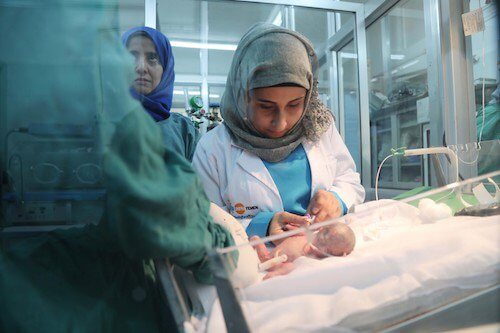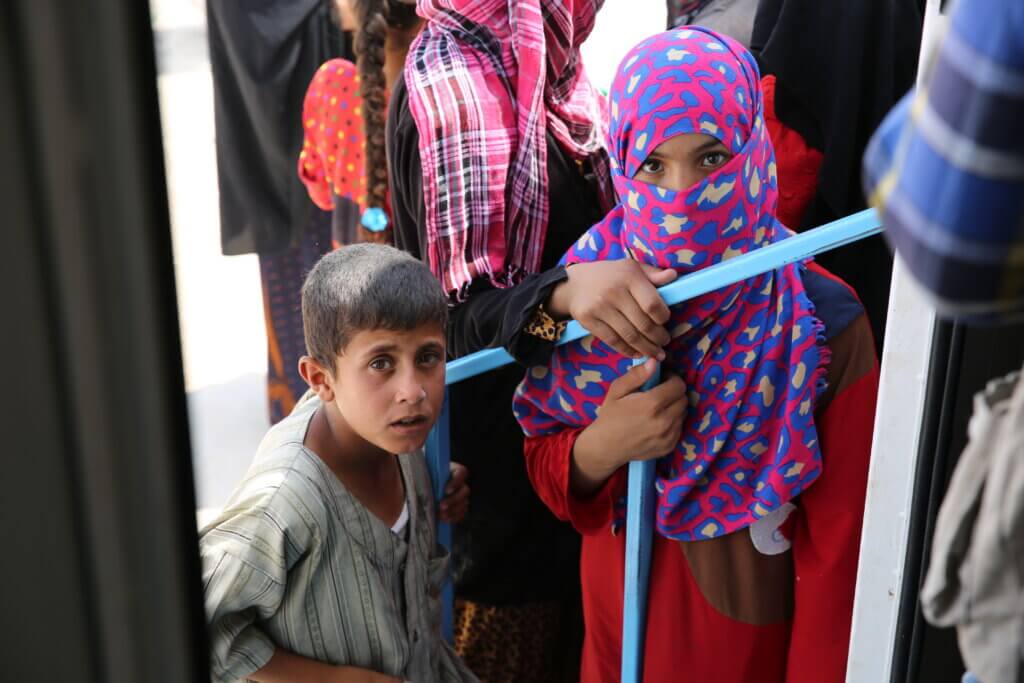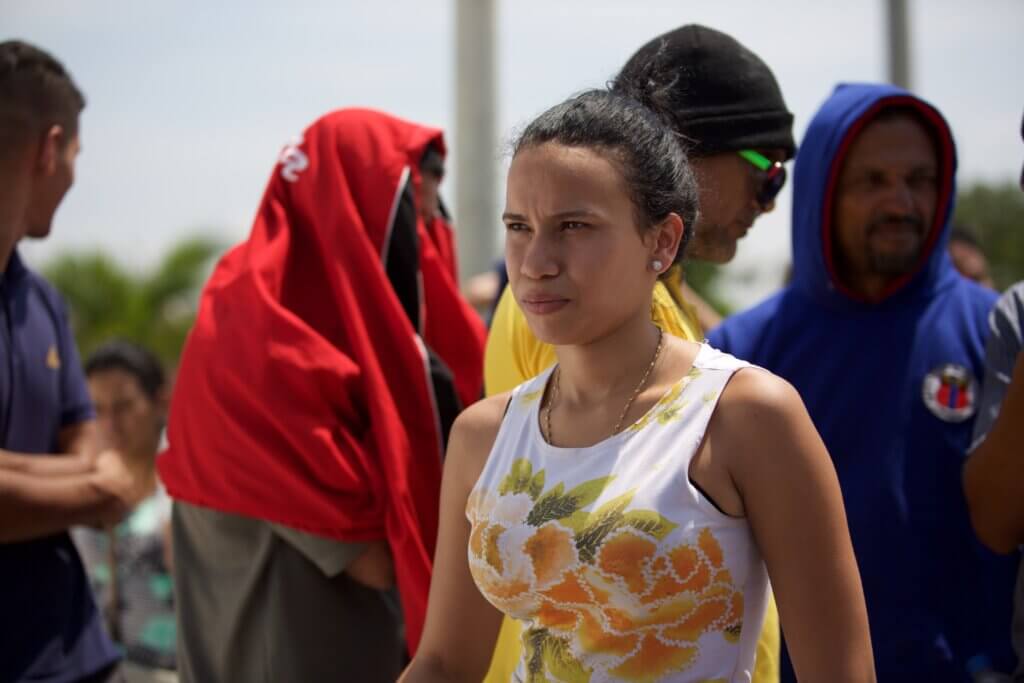Humanitarian Response
Enter the amount you wish to give
Last year, 235 million people needed humanitarian assistance and protection.
Women and girls are among the most vulnerable in emergency situations. They are the first to go without food, the first to lose access to education and essential health care, and the first to put others–like children, the sick, and elderly parents– before themselves. The stress of an emergency makes women and girls more vulnerable to violence at home, like physical abuse and child marriage, as well as vulnerable to sexual and psychological violence as a weapon of war. And, even while women and girls navigate the dangers of emergencies, they continue to get their periods, become pregnant, and give birth.
We deliver lifesaving care in the most dangerous, isolated, and complex crises so that, even in the darkest of times, women and girls can manage their periods, have healthy pregnancies, and deliver their babies safely. This work is critical, as more than half of maternal deaths occur in humanitarian settings. In Yemen, Afghanistan, Syria, Haiti, Venezuela, the Democratic Republic of Congo, Ethiopia, and Bangladesh, we are there, no matter what.
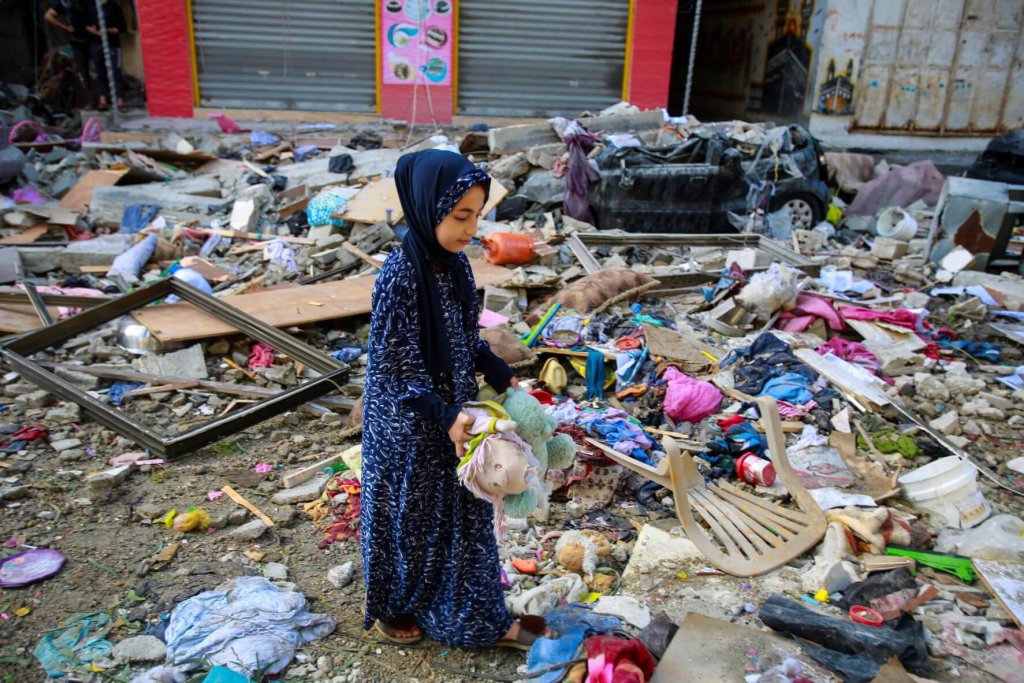
Our Work Responding to Humanitarian Crises:
-
Distributing dignity kits and emergency birth kits, so women and girls can manage their periods and safely give birth, even in a crisis.
-
Operating mobile health clinics and deploying health care staff to reach women and girls living in refugee camps or who are migrating to safety.
-
Distributing information on how to report violence and managing safe spaces so survivors of violence can access the mental health care and community support they need.
Our Impact in 2023
1 M
BABIES
safely delivered in humanitarian settings.
925K+
DIGNITY KITS
distributed to women and girls
808
MOBILE HEALTH CLINICS
deployed to reach women and girls
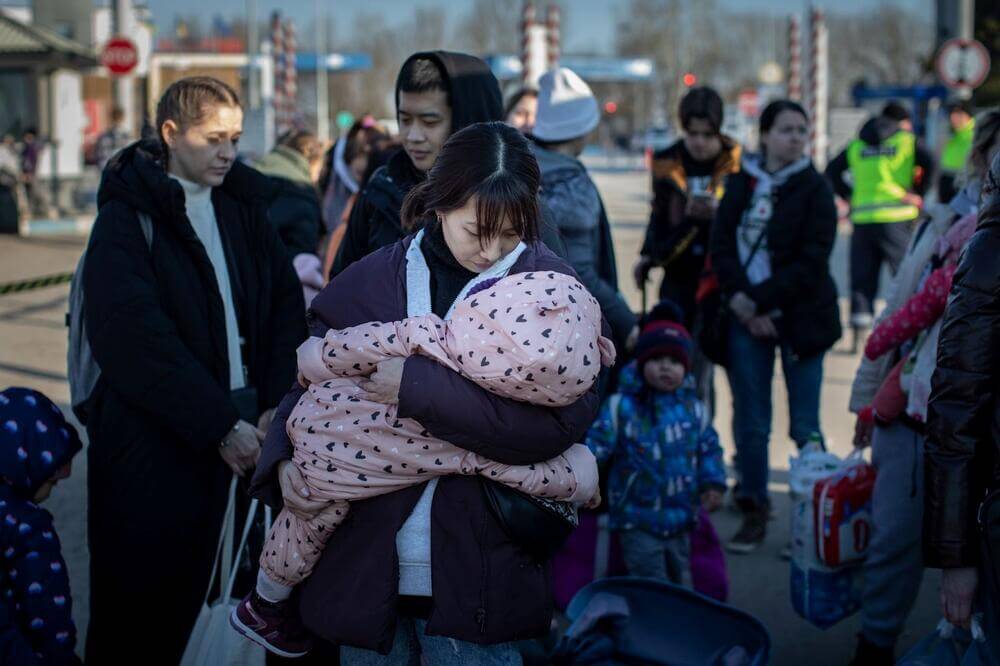
JOIN US IN BEING THERE FOR EVERY WOMAN AND GIRL, NO MATTER WHAT
Women and girls are among the most vulnerable in emergency settings. Your support will provide women and girls with the care they need to be safe, healthy, and to rebuild their lives after conflict, disease outbreaks, or climate disasters.
